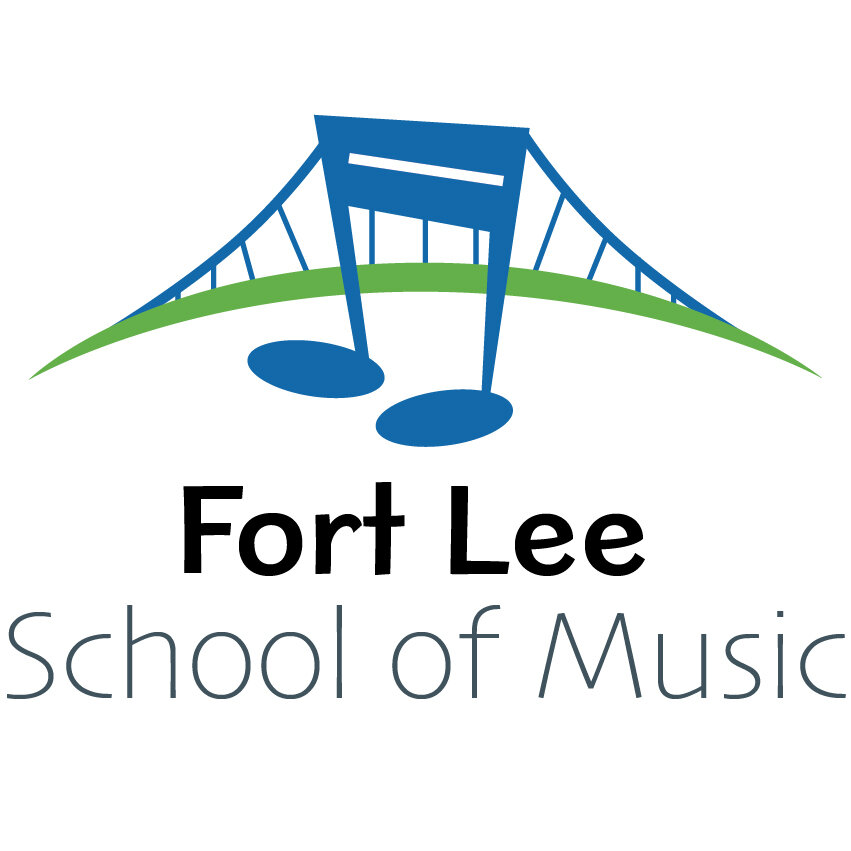— Voice Lessons —
— Skill Levels —
— Material Covered —
Read Music: Students will learn how to read music in order to have a deeper understanding of what they are playing.
Variety of Songs: Students can learn to play many genres of music; classical, jazz, pop, rock, and everything in between.
Technique: Students will learn the best instrument technique, i.e. posture, hand-positions, fingerings, etc.
Theory: Based on the student’s age and level, principles of music theory will be interwoven into a student’s lesson in order to see the inner workings of the music they play.
Ear-Training: Students will train their ears to hear and sing pitches in tune and with proper rhythms.
Performance: Fort Lee School of Music students have numerous opportunities throughout the year to perform in concerts in both New Jersey and New York City.
Practice Structure: Students will learn how to properly structure their at-home practice in a way that allows them to advance more quickly. After each lesson, the teacher will clearly outline what is to be practiced throughout the week and how to prepare for the next lesson.
Ensembles: Students will have the opportunity to perform in small groups (ensembles). Some of these ensembles include a guitar orchestra, string ensembles, wind ensembles, etc.
— benefits of studying music —
Confidence and self-esteem: In the beginning, learning an instrument can seem like an enormous challenge but after time and practice, students will feel a sense of accomplishment which can boost self-esteem.
Improves Neural Activity: Studies shows that learning to play an instrument requires more work from the brain than regular everyday activities.
Music Builds Intellectual Curiosity: By learning an instrument, students will naturally increase their intellectual curiosity about music and provide them with a way to view everyday life situation from a different perspective.
Fine Tunes Auditory Skills: Students who play an instrument will have a sharper sense of hearing and be better able to predict and follow patterns.
Develops Creative Thinking: Learning an instrument provides students with countless opportunities to be creative and experimental. Studying music allows students to see “micro” when they analyze each note and “macro” when they see the big picture of a song. This kind of thinking encourages strategic planning; thinking two steps ahead.
Problem Solving: When learning an instrument, there will be obstacles that require a student to think about solutions that make sense both musically and technically.
Increases Coordination: Learning an instrument can greatly improve hand-eye coordination.
Self-Teaching Discipline: Learning an instrument provides students with the opportunity to understand the importance of discipline and develop strong work ethic. This skill can then be applied to any area of study.
Improves Efforts in Other Academic Areas: A study by the University of Kansas found that elementary students with music education performed much higher than non-music students in subjects such as English and Math.
Cultural Empathy: Music can expose students to other cultures and be a tool to promote cultural diversity and further a global understanding of the world. Learning an instrument can encourage students to explore other cultures in order to have a deeper understand of the music that they are playing.






